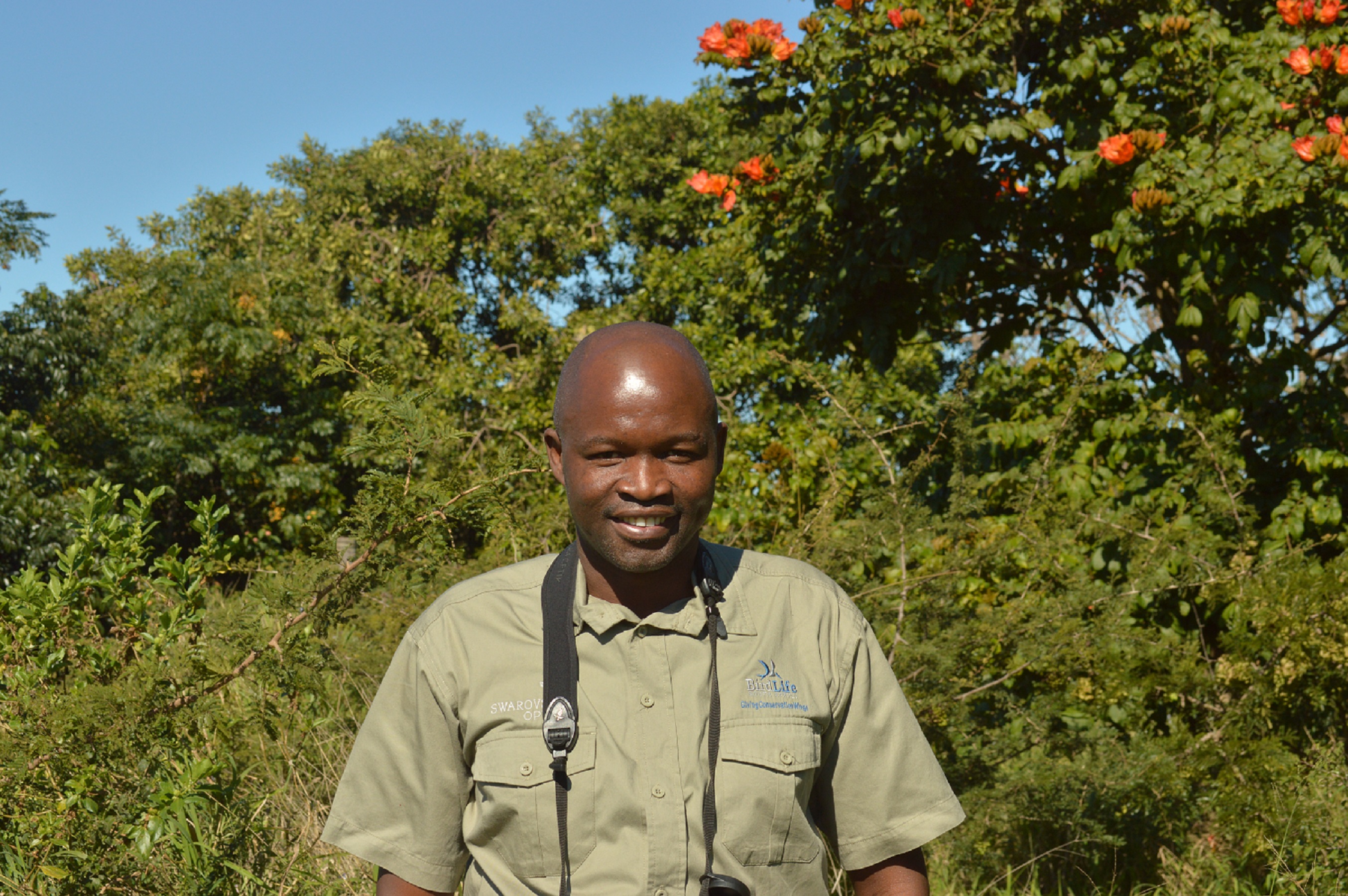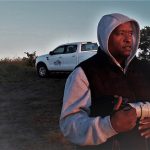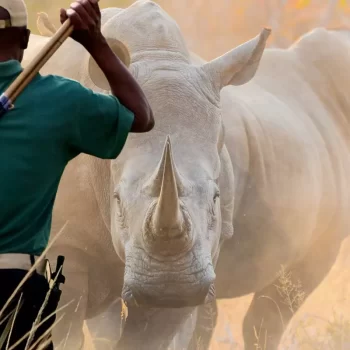IT’S the things we learn as children that often shape who we become as adults.
Themba Mthembu, who grew up on the shores of Lake St Lucia in KwaZulu-Natal, speaks vividly about the outdoors of his boyhood and the lessons he learned about nature.
- First published in Sunday Tribune
“Being outside was my way of life. From the age of six or eight I was already in the bush, hunting,” says Mthembu. “As a small boy I had to herd cattle in the field. I also learned to hunt small birds and antelope.”
Now 40, he treasures an early memory of strolling along a dried-up riverbed with gogo. The riverbed looked “raked open, like a disemboweled prehistoric monster,” says Mthembu, recalling the odour of fish bones and squid, as if still ripe in his nose.
His grandmother told him about the horrible effects of drought on nature. She also taught him the names of the region’s birds, many of which have expressive Zulu names.
There’s the omakhowase, a name which translates as “long dangling legs, especially in flight,” also known as the greater flamingo.
The oduku’s name is perhaps even more telling—“the sounds that the newborn puppies make in the den”—certainly when compared to the prosaic English equivalent, black-winged stilt.
The fish eagle is known in Zulu simply as Inkwazi, a name which it incidentally shares with the presidential Boeing jet.
Like many rural village boys, Themba learned to mimic bird calls.
The Mthembu’s lived on the Nibela Peninsula that separates False Bay from the main portion of Lake St Lucia. It is listed by Birdwatching South Africa as an Important Birding Site.
Growing up there—amid human poverty and natural plenty—it was inevitable that Mthembu would be exposed to tourism, especially after the area was incorporated into South Africa’s first World Heritage site in 1999.
He completed courses run by the South African Wildlife College and as well as Birdwatching South Africa, in 2000 and 2001, developing a deeper appreciation of the importance of biodiversity and what bird populations can tell us about the health of ecosystems.
Mthembu has been able to combine contemporary environmental studies with his traditional knowledge of nature and astounds some of the world’s leading birders with his innate bird calling skills.
But using his knowledge and skills to build a career that could sustain him needed something more.
With the assistance of iSimangaliso Rural Enterprise Programme, Mthembu set up his own enterprise, Themba’s Birding and Ecotours, which operates from St Lucia.
TripAdvisor testimonials tell why visitors view Themba’s Birding and Ecotours as one of the finest birding and wildlife viewing enterprises South Africa has to offer. From morning bird walks to multi-day outings, his tours are affordable and professional.
“Themba has to be the best bird spotting guide in north-east KwaZulu-Natal,” wrote Cora Mandel, who visited from London, United Kingdom.
“I spent just over two hours with Themba in a walk around a very small area on the outskirts of St Lucia and in that time we saw around two dozen species, half of them first-time sightings for me, including Klaas’s Cuckoo, Livingstone’s Turaco, Golden-tailed Woodpecker, Trumpeter Hornbill and the little Yellow-breasted Apalis—to name but a few. I’m a photographer rather than a ‘twitcher’ and Themba succeeded in calling birds out of cover so well that I got a clear shot of every one of them.”
“I just wish I had had more time to spend in his company as every few minutes brought something new,” Mandel said. “He is also passionate about what he does and a genuinely committed ecologist which makes a trip with Themba a truly rewarding and enriching experience.”
Another TripAdvisor member, El Marie O, from Bela Bela, also reckons a Themba Birding tour is an “absolute must when in St Lucia.”
“Themba’s knowledge about birds is amazing,” said El Maire O. “He has an absolute talent to call and find birds. We saw many birds, including some lifers like, Dark-backed Weaver, Narina Trogon, Rudd’s Apalis, and Livingstone’s Turaco. And his indigenous knowledge is outstanding.”
When not busy with birdwatchers, Mthembu operates cultural and game viewing tours in association with other companies. Profits are pumped into building a backpackers lodge and education centre in Tembe Elephant Park, northwest of iSimangaliso, on the way to Mozambique.
With poverty and unemployment rife in the area, Mthembu believes conservation tourism must be used to benefit both local communities and the environment.
To this end, he often helps organise local school meetings to discuss critical environmental issues, including protecting wildlife from poachers and the impact of alien plant species.
“I never knew the same birds [gogo] was trying to show me [are] what I was going to be interested in later,” says Mthembu, who hopes to inspire young people in the same way.
By educating his community, Mthembu believes he can help the next generation to protect nature and people.
Now there’s a notion to give you wings. – Izze Siemann. (Additional reporting, Fred Kockott)
- Siemann is a McGill University English literature and environmental science honours student enrolled on Roving Reporters’ environmental journalism programme. The fieldwork for this story was facilitated by Gabriel Sithole, a brand ambassador for the Ford Wildlife Foundation, assisted by AS Forex and the iSimangaliso Wetland Park Authority.
Featured Image Caption: Themba Mthembu combines contemporary environmental studies with traditional knowledge in working as a birding guide in the iSimangaliso World Heritage site. Picture: Bukeka Silekwa.
- Click here to read other Sunday Tribune Game Changers Profiles.













